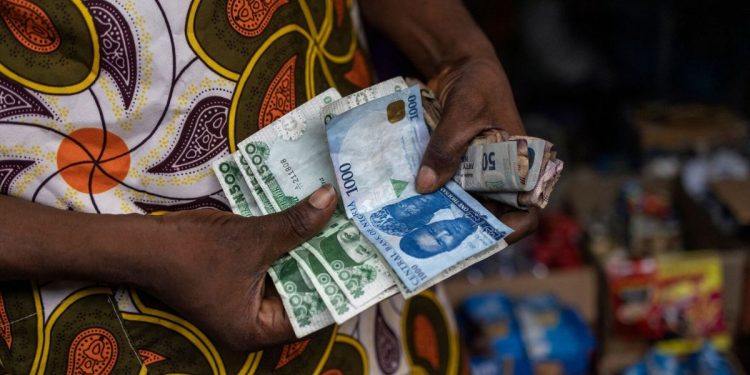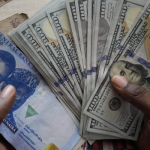The Nigerian naira has been identified as one of the worst-performing currencies in Sub-Saharan Africa for 2024, according to the World Bank’s latest report, Africa’s Pulse. By the end of August 2024, the naira had depreciated by approximately 43% year-to-date, alongside the Ethiopian birr and South Sudanese pound.
Several factors contribute to the naira’s decline, including surging demand for U.S. dollars in the parallel market, limited dollar inflows, and delays in foreign exchange disbursements from Nigeria’s central bank. The report states, “By August 2024, the Ethiopian birr, Nigerian naira, and South Sudanese pound were among the worst performers in the region.”
Despite reforms in the foreign exchange market, such as the liberalization of the official exchange rate initiated in June 2023, these measures have not stabilized the naira. The ongoing depreciation reflects broader economic challenges in Nigeria, including dwindling foreign currency reserves and persistent inflationary pressures. This depreciation has led to rising domestic prices, particularly for imported goods, which has further strained Nigerian consumers.
In contrast, other African currencies, such as the Kenyan shilling and South African rand, have shown signs of recovery. The Kenyan shilling, for example, strengthened by 21% year-to-date by the end of August 2024, making it one of the region’s top performers.
On a positive note, the naira appreciated by 5.69% against the dollar on October 14, rising from N1,641.27/$1 to N1,552.92/$1, according to data from the FMDQ Exchange. However, this recovery occurred alongside a significant drop in foreign exchange turnover, which plummeted by 44.27%, decreasing from $616.73 million to $343.71 million.
The World Bank’s report projects Nigeria’s economic growth at 3.3% in 2024, slightly accelerating to 3.6% in 2025-2026, as macroeconomic and fiscal reforms begin to yield results. Inflation peaked at 34.2% year-on-year in June 2024, easing to 33.4% in July and 32.2% in August. However, following the government’s decision to remove fuel subsidies in mid-2023, gasoline prices surged, causing inflation to rise again. Initially tripling gasoline prices, they further increased by 40-45% in September 2024, driving up transportation and logistics costs for businesses and consumers alike.
With the naira’s struggle and rising inflation, MSMEs in Africa face significant challenges that require innovative strategies and resilience in navigating this complex economic landscape.










